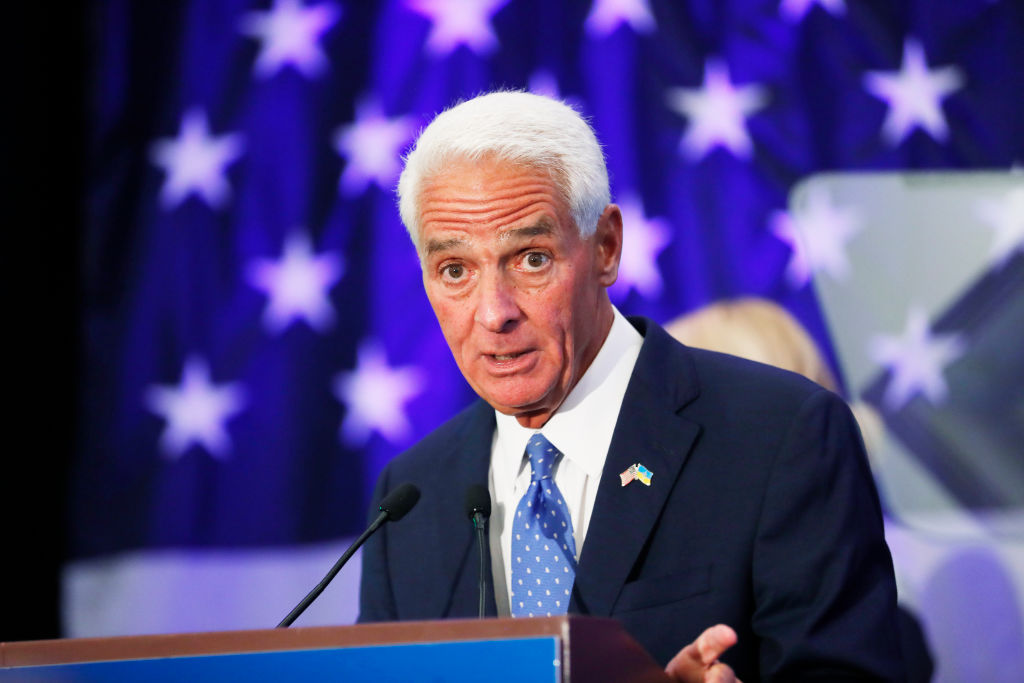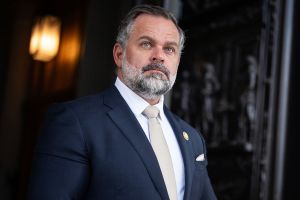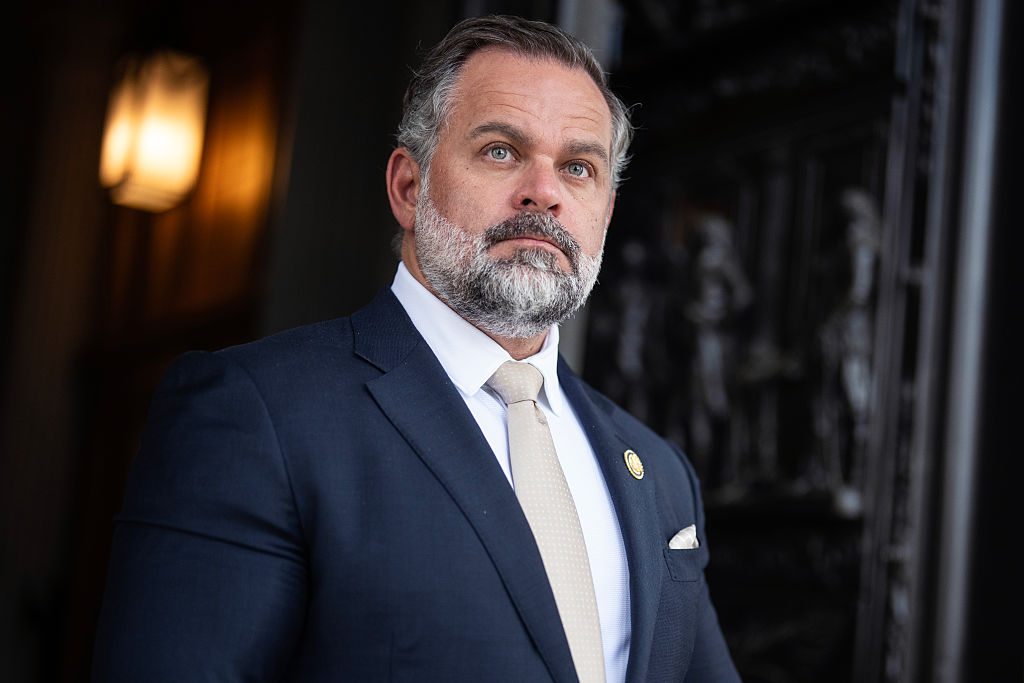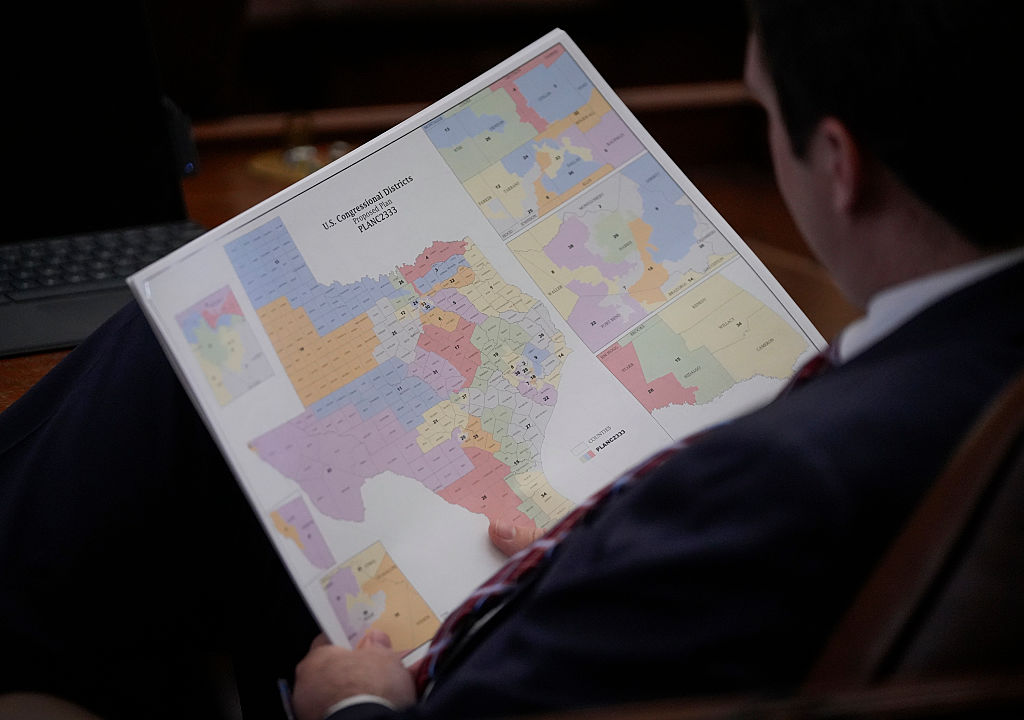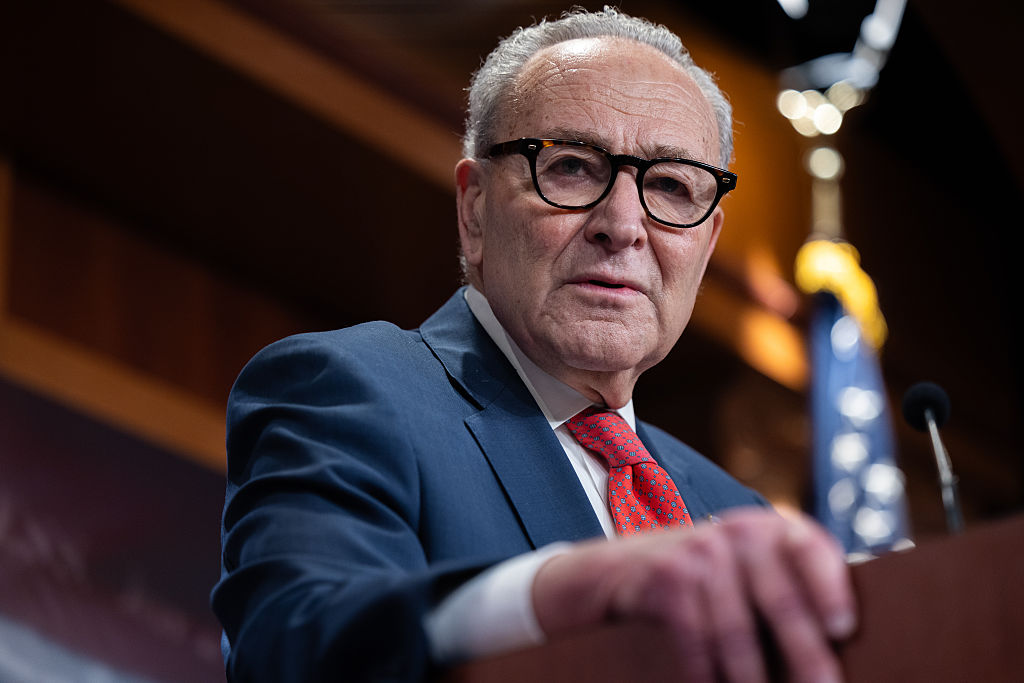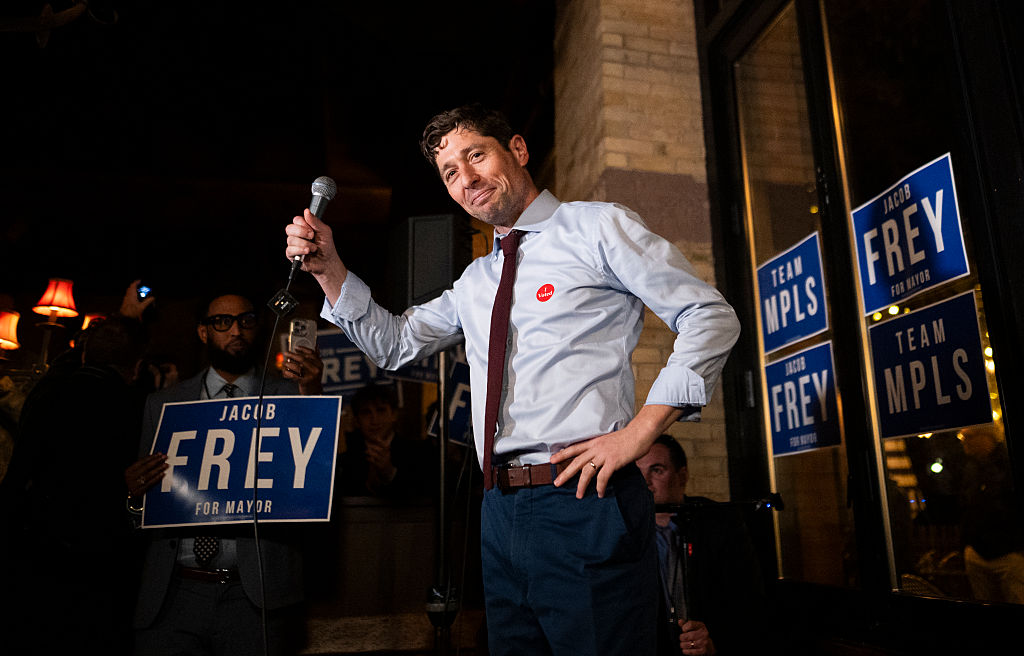“I became a Democrat because I am sincere.” So insisted Florida gubernatorial candidate Charlie Crist while campaigning earlier this year. Crist is so sincere, in fact, that he is the only person in American history to have run for state-level elective office as a Republican, Democrat, and an independent. He has lost at least once in all three guises.
Crist has been pro-life and pro-abortion. He has opposed and supported LGBTQ rights. He has opposed tax increases and raised taxes. He has been for and against gun control. He has wanted to repeal and to maintain Obamacare. As Buzzfeed accurately put it the last time Crist ran for governor in 2014, “there is almost nothing Charlie Crist hasn’t flip-flopped on.”
Florida Democrats don’t seem to mind Crist’s shapeshifting or his staggering, career-long lack of political conviction. In the August 23 primary election, he soundly defeated Florida agriculture commissioner Nikki Fried — the only Democrat who holds statewide office — receiving 60 percent of the vote. In November, he will face Governor Ron DeSantis in the general election in what is easily the nation’s most important gubernatorial election in living memory.
For those who know nothing of Crist beyond his three undistinguished terms as a Democratic congressman representing Florida’s 13th district (which was made conveniently bluer by state court order the year before he was elected), he’s followed a long, winding path in the unusual forest of Florida politics. After passing the bar exam on his third try, Crist worked briefly as an attorney before running unsuccessfully in 1986 for the Republican nomination for his district’s state senate seat. After some tutelage from Republican congressman and later senator Connie Mack, he ran again in 1992 on a strict law-and-order platform. Helped by local redistricting, he managed to get elected. Six years later, however, he challenged Florida Democratic Senator Bob Graham in the 1998 midterm elections and was trounced by 25 points.
Still a Republican, in 2000, Crist was elected state education commissioner, a lame duck post that a state constitutional amendment in 1998 had converted into an appointed position. The displaced Crist moved on to four years in the state attorney general’s office, which primed him to glide on Jeb Bush’s popularity into the governor’s mansion when term limits prevented Bush from seeking reelection. One of the highlights of Crist’s 2006 gubernatorial campaign was a fundraiser hosted at Mar-a-Lago by future president Donald J. Trump, whom Crist would later vote against in both impeachment proceedings.
Crist’s one term as governor saw few initiatives other than his transition to being a “RINO,” a “Republican in Name Only.” Waffling on virtually every issue of political importance, he further angered his constituents by endorsing Barack Obama’s Great Recession bailout. In 2010, he announced his intention to step down as governor and again seek election to the US Senate. During the primary campaign, he was swiftly outpolled by Marco Rubio, then a former state legislator, who still holds the Senate seat. Humiliated, Crist withdrew from the Republican race and entered the general contest as an independent. His party literally left him: he was abandoned by the entire state Republican leadership and all of his top fundraisers. In the general election, he pulled in only 30 percent of the vote, losing to Rubio, who also defeated a Democratic challenger.
By 2012, Crist was ready to become a Democrat. According to his widely panned memoir The Party’s Over, the cause was a hug. At an event in Fort Myers, Florida, in 2009, he embraced then-president Obama, provoking the derision of many Republicans. “I didn’t think a thing about it as it was happening,” he wrote with all the persuasiveness of a college kid making a bogus sexual assault allegation. Ignoring his own long history of opportunism and transparent lack of conviction, he lamented that the hug had “ended my viable life as a Republican politician. I would never have a future in my old party again.”
Crist’s explanation did not account for why he waited more than three years after this bipartisan embrace to change parties or why he ran for the Republican Senate nomination in the meantime, but he soon had another reason. Republicans, he decided in a 2014 interview, are “racists,” apparently even Rubio, a Latino, and, one might assume, Crist himself, an active Republican politician for 26 years.
Back in private life for the first time in two decades, Crist joined a Tampa personal injury law firm. He jumped from ambulance chasing back into politics in 2014, running for governor as a Democrat against then-incumbent and now Senator Rick Scott. Florida Democrats forgave Crist his Republican past heartily enough to give him the nomination, but proved too skeptical of his recent conversion to help him prevail over Scott. The loss stung, but Congress awaited two years later with a judicially redrawn district that would probably have accommodated anyone with a pulse and donkey sign.
What has Charlie Crist learned? Nothing at all. He remains a flimflam artist known for the shamelessness of his double talk. In July 2017, he was one of only five House Democrats to vote to fund Trump’s border wall. The very next day, however, he announced that he opposed the wall. He has argued that government should prioritize “staying out of these culture war issues that are nothing but divisive,” while taking the unabashedly woke position on almost all of them to shore up the Democratic support he lacked in his failed 2014 bid. In recent interviews, he has praised President Joe Biden’s leadership as “exceptional” and “phenomenal,” while elsewhere deriding the state of the economy to boost his own chances against DeSantis.
In addition to his dodgy past, Crist’s campaign faces the herculean task of convincing Florida voters that they are worse off than they were four years ago. That would be hard for anyone to do in a high-growth state with a balanced budget, a $22 billion surplus, no income tax, a 2.7 percent unemployment rate, highly sensible and gratefully remembered pandemic policies, and over 330,000 recently arrived new residents who have largely relocated from ailing, crime-ridden blue states. When Crist says “there’s so many things that need to be done to get Florida back on track,” the average Florida Man might be forgiven for asking “Like what?”
DeSantis has little to worry about. His popularity is huge. His standing in the Republican Party is second only to Trump’s, and he is widely assumed to be future presidential material. He has raised $132 million for his current campaign, the largest war chest ever filled by a non-self-funded American gubernatorial candidate. As of late 2021, the Florida GOP for the first time registered more voters than the Democrats, and its members are especially energized by the FBI’s ham-handed and possibly unconstitutional raid on Mar-a-Lago earlier this month. The two most recent independent polls both show DeSantis leading Crist by eight points with just over two months to go.
Crist’s primary victory already looks as hollow as his bizarre third bid for governor is desperate. The left-wing media is pinning a lot of hope on him, as unseating DeSantis would seriously harm any future presidential bid of his. “Don’t underestimate Charlie Crist,” squealed the Washington Post’s resident Never-Trump columnist Jennifer Rubin, “he’s going for DeSantis’s jugular.”
But in a painful CNN interview that came off more as a hostage video, Crist gave a more far honest view of his campaign, pleading, “I need [Biden’s] help, I want his help, and he’s the best I’ve ever met …Thank God Joe Biden is the president of the United States today.” Calling in Brandon is probably the worst idea any Democrat running in 2022 could possibly have. Either way, no Florida voter should believe a word that comes out of Charlie Crist’s mouth, including “let’s” and “go.”
Paul du Quenoy is President of the Palm Beach Freedom Institute.



